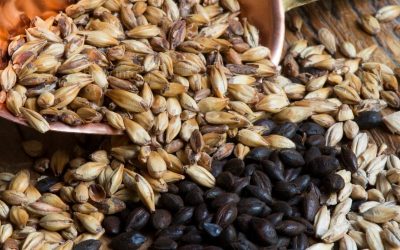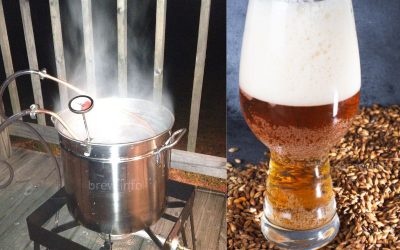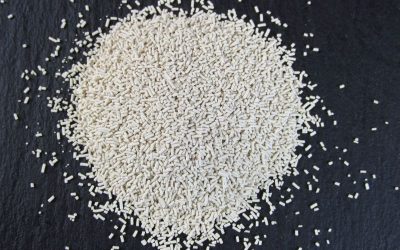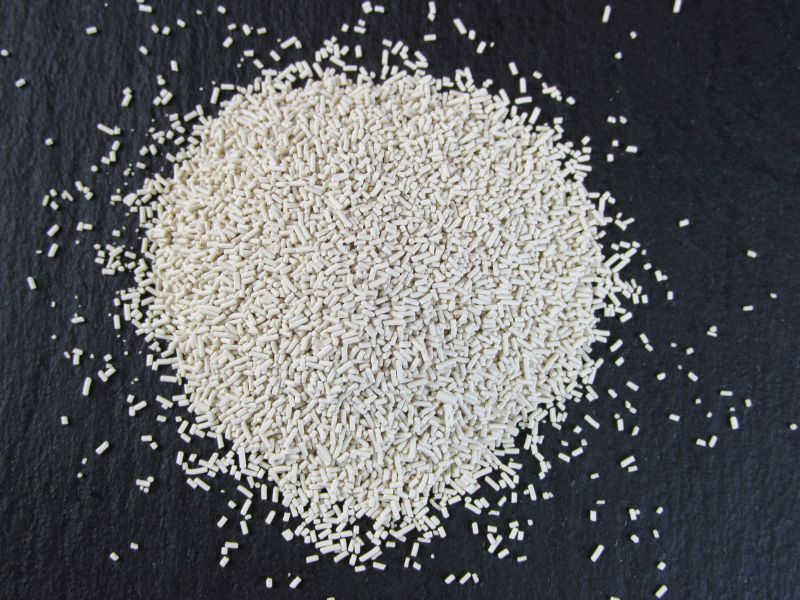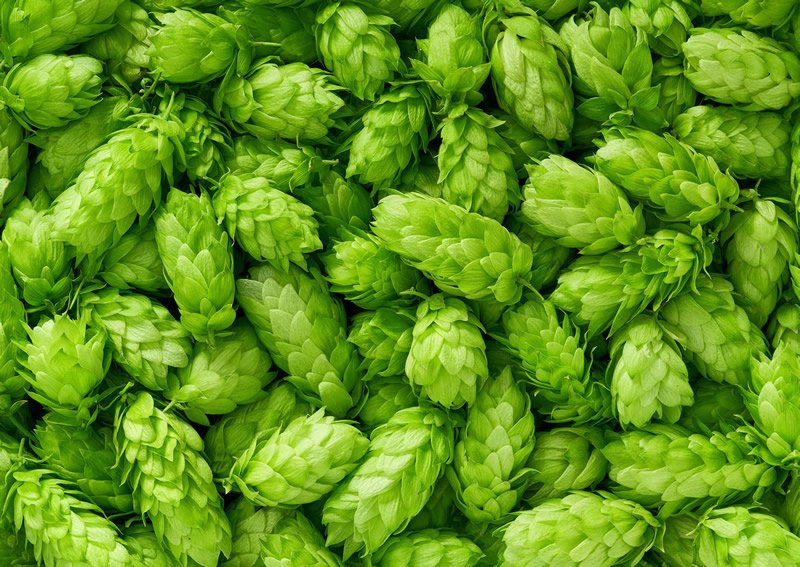Water Chemistry in Homebrewing
As an experienced brewer with a background in microbiology, I can't emphasize enough the importance of water in the brewing process. It's often overlooked by homebrewers, but water is the very essence and foundation of beer, making up about 90-95% of its...
Malts and Adjuncts used in brewing
Malts are partly germinated grains that have been dried. The malting process stimulates enzymes in the grain, converting starches into sugars that yeast may consume during fermentation. The resultant malted grains have a diverse taste character and offer essential...
Introduction to Homebrewing – A beginner’s guide to homebrewing beer.
As an experienced homebrewer of 13 years, I know just how rewarding it can be to brew your own beer at home. In this beginner's guide to homebrewing, I'll be sharing my knowledge and experience to help you get started on your own brewing journey. Homebrewing is the...
Yeast Comparison and Substitution
Homebrewing Yeast Comparison and Substitution Liquid and dry yeast are the two major forms of yeast used in homebrewing. Liquid Yeast: Live yeast microbes that have been encapsulated in a liquid medium are called liquid yeast. It may create more nuanced tastes and...


